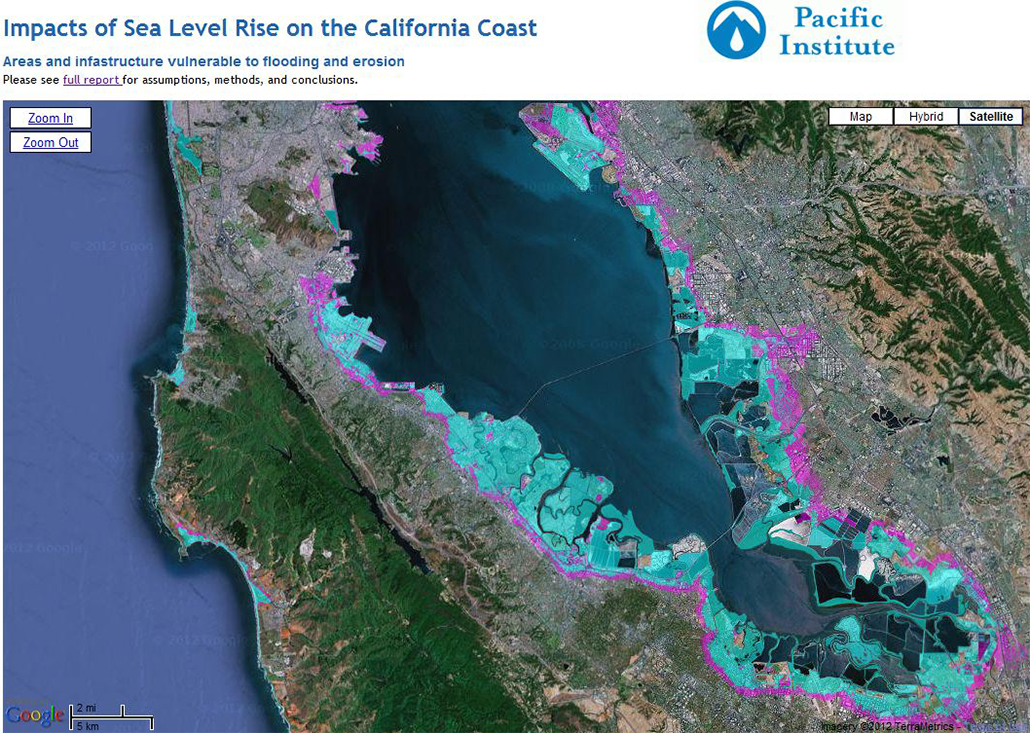Real Incomes, Employment, and California Climate Policy
Place: California • Date: 2008 • Partner: Next10 Foundation
Project Summary
This report provides an economy-wide assessment of how California’s Global Warming Solutions Act (AB32) will affect patterns of state economic growth, employment, and income. We used the Berkeley Energy and Resources (BEAR) macro-economic model to simulate AB32 Scoping Plan implementation and consider a variety of alternative schemes for auction/allocation of emissions permits and recycling of revenues accruing from these.
Since its passage in 2006, California’s climate initiative, has aroused global attention. Within the state, it is widely acknowledged that GHG policies already implemented and under consideration will have far reaching economic consequences. Both public and private institutions have expressed an urgent interest in better understanding this issue. While no substantive mitigation policy can be without some direct and indirect costs, the benefits from greater energy efficiency, reduced vulnerability to fossil fuel price spikes through greater use of clean energy alternatives and a more diverse energy system, and improved environmental conditions can significantly outweigh these. Thus responsible climate action assessment requires consideration of both the magnitudes and composition of adjustment costs and benefits.
The main goal of this work is to strengthen the basis of evidence in this area, particularly to contribute independent research to the policy dialog how to sustain and propagate the benefits of a more carbon-efficient future. The focus of this study is on pollution rights allocation choices and in particular the efficiency and equity tradeoffs these entail as well are their macroeconomic implications. Seven salient insights emerge from this economic analysis:
Main Findings
- Aggregate effects of AB32 on the California economy are very modest; amounting to less than three months deferred growth across a decade.
- Households experience energy efficiency gains that reduce total energy expenses. In other words, the policy as written has a small positive net cost to the overall economy, but a significant negative net cost in terms of energy expenses to households.
- Scalable permit auctions can facilitate adjustment, without compromising long term climate goals, employment, or equity. In particular:
- Auctioning permits and distributing the revenue to households (Cap and Dividend) reduces the aggregate cost of climate policies and can increase statewide employment.
- Returning permit revenues to households with tax reductions is better for growth and total employment than equal per capita lump sum transfers.
- Free allocation of permits might reduce adjustment costs for individual polluting industries, but it increases costs for the population of California.
- Modest autonomous innovation and efficiency responses to AB32 would deliver significant growth dividends across the state.
- The estimated risk of “leakage” posed by AB32, either in terms of job losses or pollution transfers, is negligible.
- AB32 will reduce aggregate criteria pollution, but might change its composition in ways that justify complementary, localized mitigation efforts. In all cases, however, the impacts are very modest.
Most Recent Entries

Low Carbon Biomass Conversion in the Sierra Nevada







